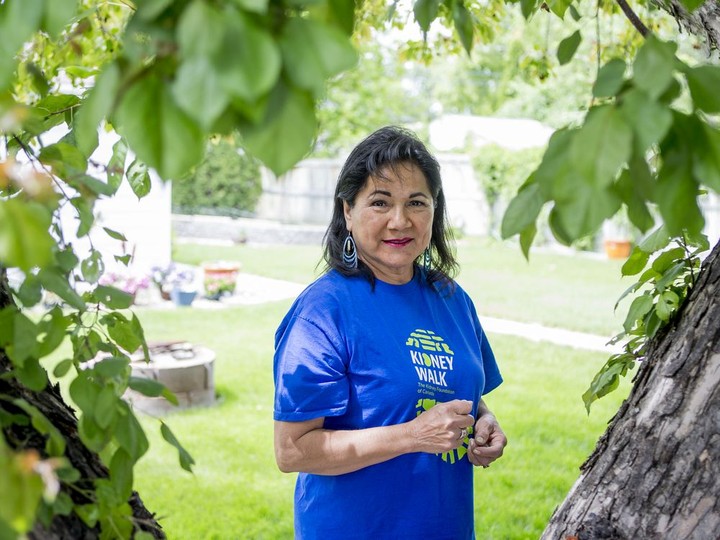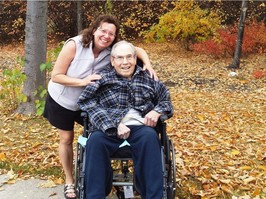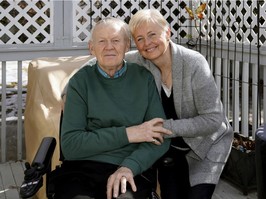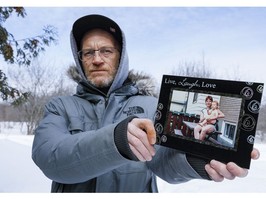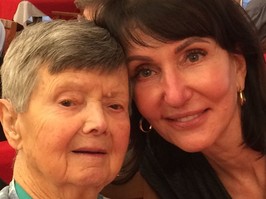healthing.ca partners with the canadian society for exercise physiology
healthing.ca is proud to announce the canadian society for exercise physiology (csep) as a “verified voice” partner.
apr 20, 2022
pregnancy and exercise: the effects on heart rate and blood pressure
pregnant individuals are able to recover from exercise in a manner similar to non-pregnant individuals.
apr 12, 2022
snacking on exercise sprints boosts fitness and improves exercise performance
bursts of brief, intense exercise over the course of the day — known as “sprint exercise snacks” — can improve cardiorespiratory fitness in inactive young adults.
apr 12, 2022
supplements for older adults with medical issues are not always a good thing
targeting how and why older adults with complex medical issues take vitamin and mineral supplements can prevent unwanted side effects.
apr 11, 2022
snacking on exercise sprints boosts fitness and improves exercise performance
bursts of brief, intense exercise over the course of the day — known as “sprint exercise snacks” — can improve cardiorespiratory fitness in inactive young adults.
apr 12, 2022
supplements for older adults with medical issues are not always a good thing
targeting how and why older adults with complex medical issues take vitamin and mineral supplements can prevent unwanted side effects.
apr 11, 2022
face masking and high-intensity cycling performance: a match made in covid
does wearing a surgical or cloth face mask impede exercise performance?
apr 11, 2022
how to help the heart during chemotherapy for breast cancer
a single exercise session may protect the heart of breast cancer patients receiving chemotherapy.
apr 11, 2022
face masking and high-intensity cycling performance: a match made in covid
does wearing a surgical or cloth face mask impede exercise performance?
apr 11, 2022
how to help the heart during chemotherapy for breast cancer
a single exercise session may protect the heart of breast cancer patients receiving chemotherapy.
apr 11, 2022
breaking down barriers to exercising during pregnancy: the get active questionnaire for pregnancy
new self-assessment tool means most people who are pregnant no longer need clearance from a health-care provider to get or stay active.
apr 11, 2022
short, high-intensity exercise helps school kids stay active and attentive
four-minute exercise games — funtervals — improve children’s health and behaviour in the classroom.
apr 11, 2022
breaking down barriers to exercising during pregnancy: the get active questionnaire for pregnancy
new self-assessment tool means most people who are pregnant no longer need clearance from a health-care provider to get or stay active.
apr 11, 2022
short, high-intensity exercise helps school kids stay active and attentive
four-minute exercise games — funtervals — improve children’s health and behaviour in the classroom.
apr 11, 2022
high-intensity interval training improves memory in older adults
bursts of exercise at a high heart rate may help slow down age-related declines in memory.
apr 11, 2022
exercise may improve brain health in older adults
studies indicate exercise may help improve the the links in the nervous system between separate brain areas, improving brain health.
apr 11, 2022
 3 minute read
3 minute read

